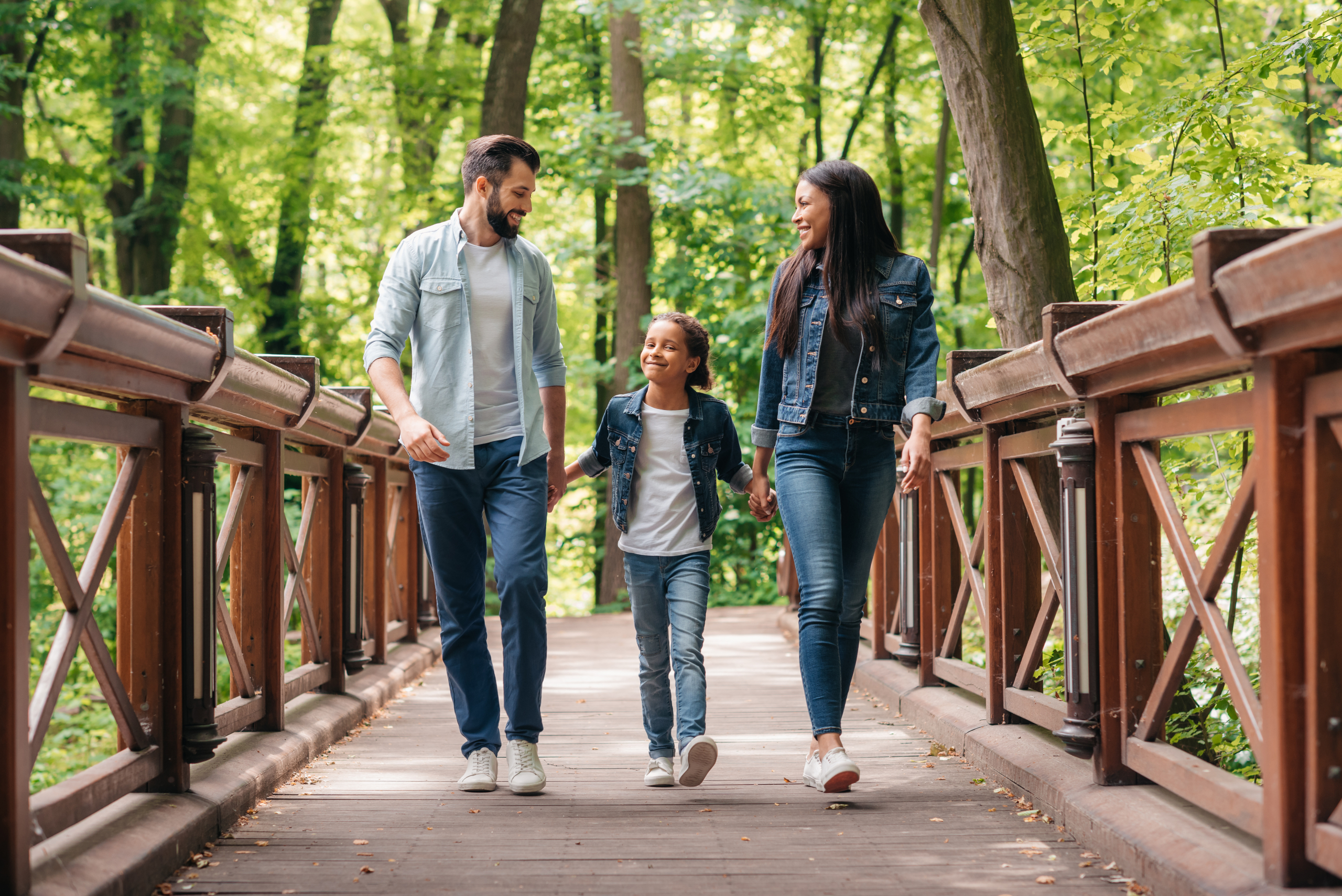Navigating Sensitivity and Support in Adoption
Here’s the thing. We don’t know stuff until we know stuff right? Adoption wasn’t especially common maybe 60 years ago, or even 40 years ago. I can think of exactly zero people in my circles who are my age who are adopted. My kids though, I think there are at least 12 other adopted kids at their school in their age group.
So maybe 15-20 years ago, while the internet was very much alive and well, it wasn’t a gathering place. In fact, we were encouraged to never meet up with strangers we met online. (I don’t think nearly as many people would go on dates today if the internet wasn’t at least a little involved.) So, it wasn’t possible to know what huge groups of minority and marginalized people thought about any given thing unless you physically put your feet to the ground and asked. Or, if there were groups of people gathering online it wasn’t as much a part of the culture.
Now, if I want to ask a person of a different race, ethnicity, height, weight, eye color, age group or niche hobby about their opinion on something, it takes very little time and effort to find and ask not just one, but probably several people in a matter of a few hours. Because information is pouring in more quickly than it feels possible to process, it feels like opinions are always changing and people are easier to make feel upset.
That can be very overstimulating. But, the problem is that on social media, it’s easy to get caught in an echo chamber of voices and thoughts just like your own. So, when a difference of opinion sneaks in, it feels jarring and invasive (when in another context, it wouldn’t be).
Because there were fewer adoptees overall even a decade ago, there were fewer voices saying, “Hey, this thing over here bothers me a lot,” but once those voices could join together, it turned out that a lot of people had shared experiences.
And look, I get it. It really feels bad to hear you’re wrong about something. I am in no way exempt. My foot and mouth are well acquainted. You might be thinking “Chrissy, is this about something specific or are you just sharing your inner monologue out into the void?” That’s a great question, reader. I do have some very specific things I want to talk to you about.
I want us to all to stop saying “I don’t see color” because you are a shade of peach and your son is a shade of coffee doesn’t make you color blind. This can make the person feel invisible, not included. It’s important to consider the fact that your words matter even if you didn’t mean to come across the way you did.
“His birth mother loved him so much, so she gave him a better life.” This seems so sweet. And is probably better than “his mother was an addict who left him at the ER.” But it isn’t a great feeling as an adoptee and it can make their own understanding of love difficult.
A blogger named Pamela Karanova writes about this experience. I’m realizing that there are voices that are so much better than mine at expressing what I’m trying to say: The adult adoptee community. So, I’m going to share some links I’ve found very helpful in trying to help my kids by learning what not to do and how to find them support if they need it when they are older.
I recently read a story online where an adult adoptee dad asked for advice from other adoptees on how to raise his soon-to-be-adopted foster children. As it is Reddit, the responses may vary depending on when you tune in, but some themes that stood out was making sure your child knows they are adopted and not keeping it a secret, don’t lie about their history (but do keep the explanations age-appropriate), and don’t hide things from them.
The point is, there is now a bigger pool of available data to look at and evaluate. We have a responsibility as adoptive parents to take advantage of the wealth of knowledge. Is it hard to read some of it? Oh yes. There is some very deep trauma and very real anger that some adults feel towards their adoptive parents or about their adoption. Honestly, it’s probably best if you stay away from some of the spaces on Facebook or forums specifically and only for adult adoptees. It can feel pretty bad to see how adoptive parents who were probably misguided (but maybe doing their best) are discussed. But again, it’s not really about me, it’s about adoptees. So, do with that as you will.
One blogger reminds us, to center on the adoptive parent while the adoptee is sharing their true feelings is centering on the wrong person. Even if you feel differently, you don’t get to try to make them feel differently. Just remember, it’s not about you. Know better, do better. Keep trying. Apologize when you’re wrong and acknowledge the hurt we can cause when we say inconsiderate or unthinking things.
For us adoptive parents, just keep being open and honest and trying your best. We will probably get it wrong, but so does every parent. It feels like that might just be part of the gig









